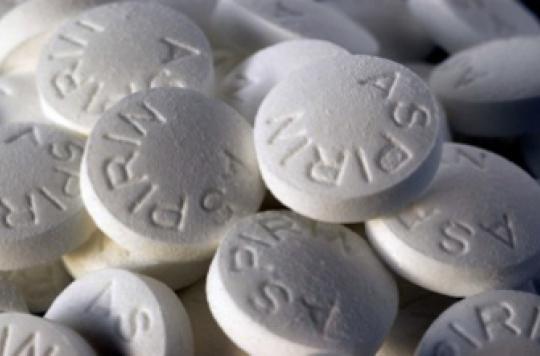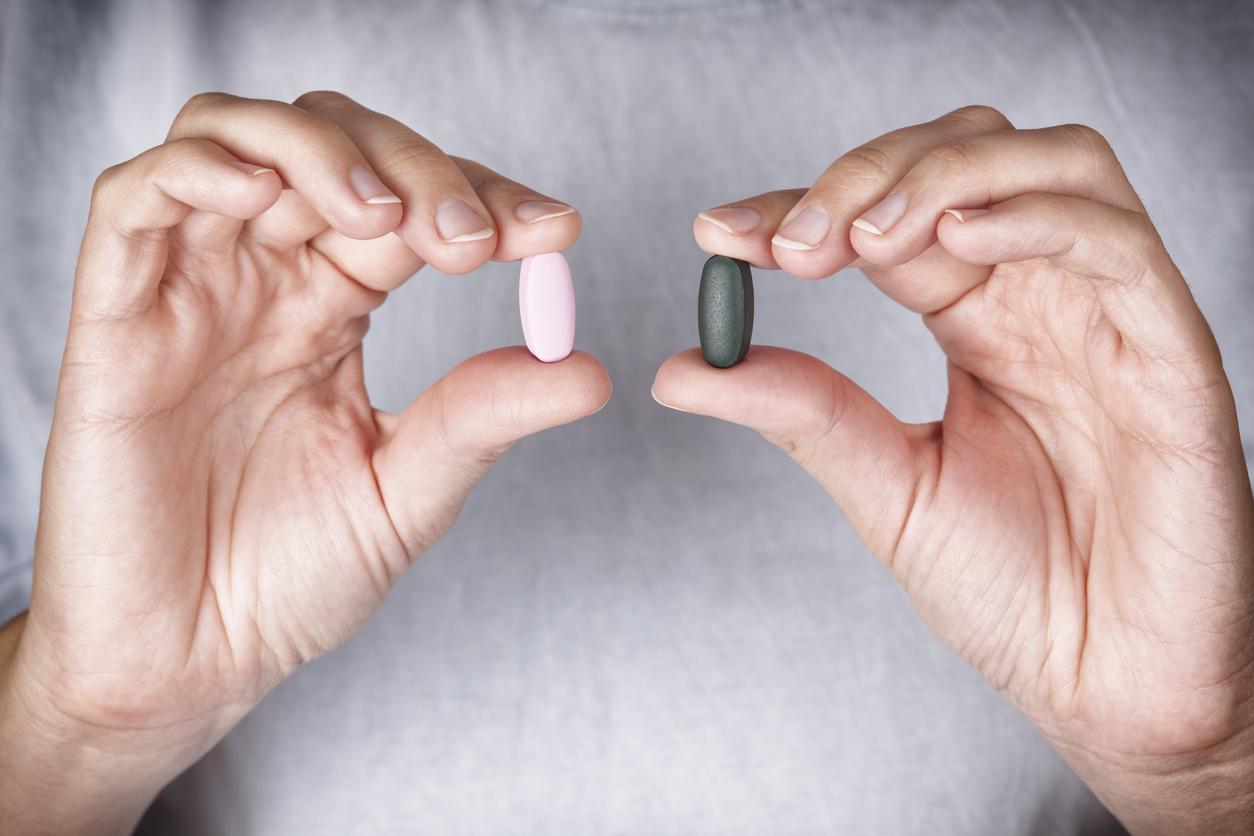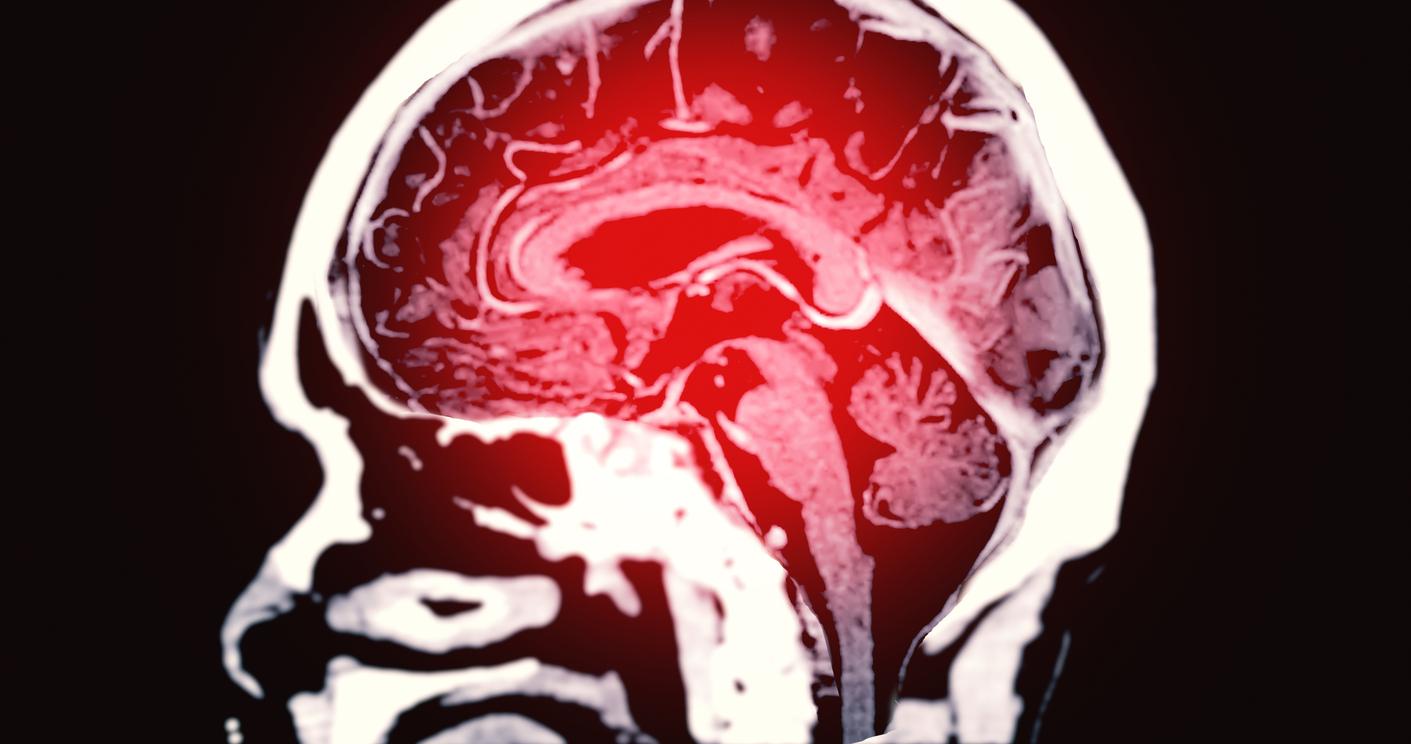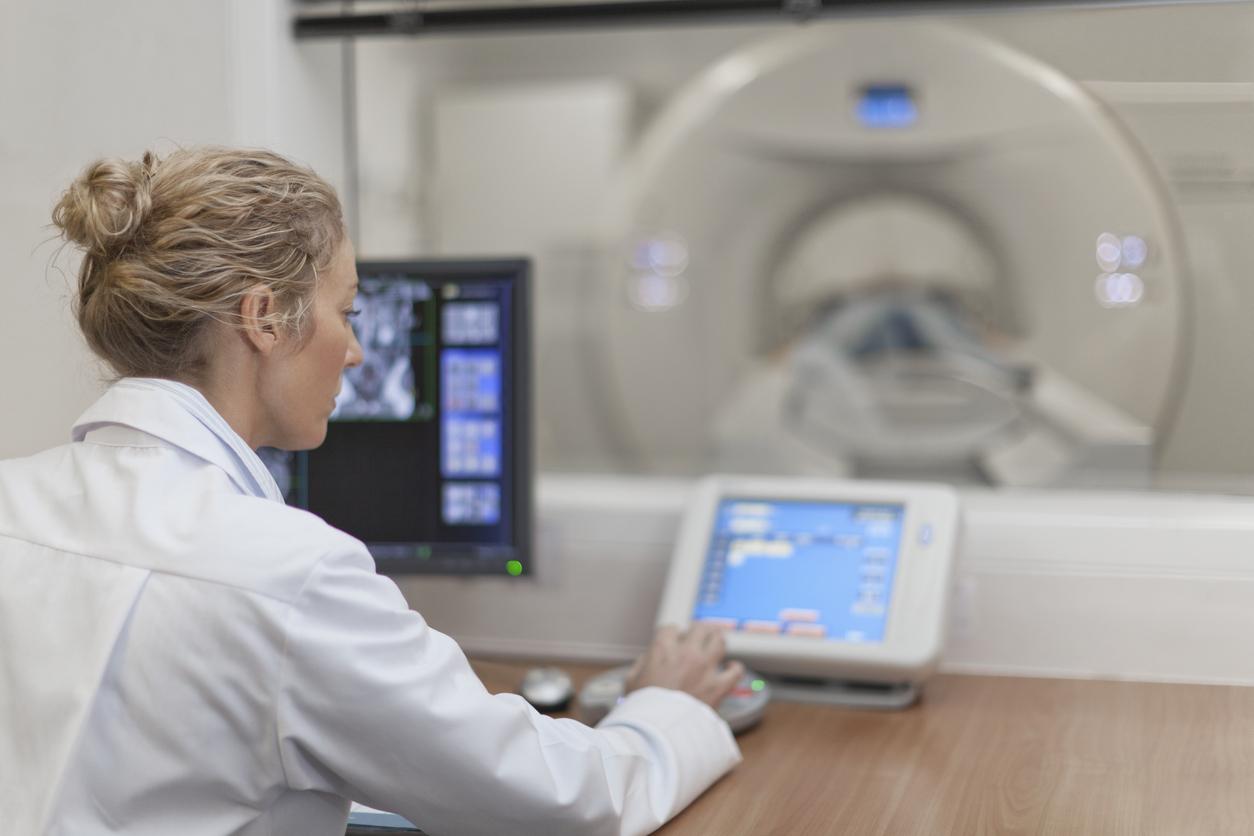Prescribing aspirin for the prevention of stroke or infarction should not be systematic. It is only useful after a first accident, to prevent the return of the clot.

Is aspirin for stroke and heart attack good for everyone? “It depends,” the US Food and Drug Safety Agency (FDA) responds on May 6. She refused last week an evolution of the instructions for use. Aspirin manufacturer Bayer wanted to add benefits in preventing heart attacks in healthy patients.
Who is it recommended for?
“Since the 1990s, clinical data has shown that in patients who have suffered a heart attack, stroke or cardiovascular disease, a low daily dose of aspirin can prevent their return,” explains Dr. Robert Temple, deputy director of clinical sciences at the FDA. According to Agency criteria, one 325 mg tablet is sufficient for secondary prevention.
Not everyone benefits from a daily dose of aspirin, the FDA said in an inquiry point. In the absence of consistent clinical evidence, patients who have not suffered a stroke or myocardial infarction should refrain. Same recommendation for patients at risk: the disadvantages are very real, unlike the benefits.
Why can she be dangerous?
If aspirin is so valuable in secondary prevention of stroke and heart attack, it is thanks to its anticoagulant properties. Indeed, these accidents occur when a clot obstructs the blood vessels. The medicine helps clear the blood, preventing a clot from returning. But, because of these same virtues, aspirin can be dangerous in a healthy patient; it exposes him to a risk of internal bleeding.
Moreover, even in secondary prevention, patients must remain attentive to their drug consumption. Aspirin, coupled with other anticoagulants, presents risks, reminds the FDA: “We must be careful when aspirin is taken at the same time as other anticoagulants such as warfarin, dabigatran (Pradaxa), rivaroxaban (Xarelto) and apixiban (Eliquis). “For these patients, the Agency recommends adjusting the daily doses.
How do you set the necessary dose?
The daily dose of aspirin is very important: it is not only the amount of medication, but also the frequency, which prevents the reformation of a clot. It is up to the doctor to determine if such treatment is necessary, and in what proportion. By discussing with the patient, he assesses the dose that will offer optimal protection with the fewest side effects.
“The bottom line is that for people who have suffered a heart attack, stroke or cardiovascular disease, a daily aspirin treatment is worth it. If you are thinking about taking an aspirin-based treatment, you should talk to your doctor first, to get a reasoned opinion, ”concludes Dr. Temple.
.

















